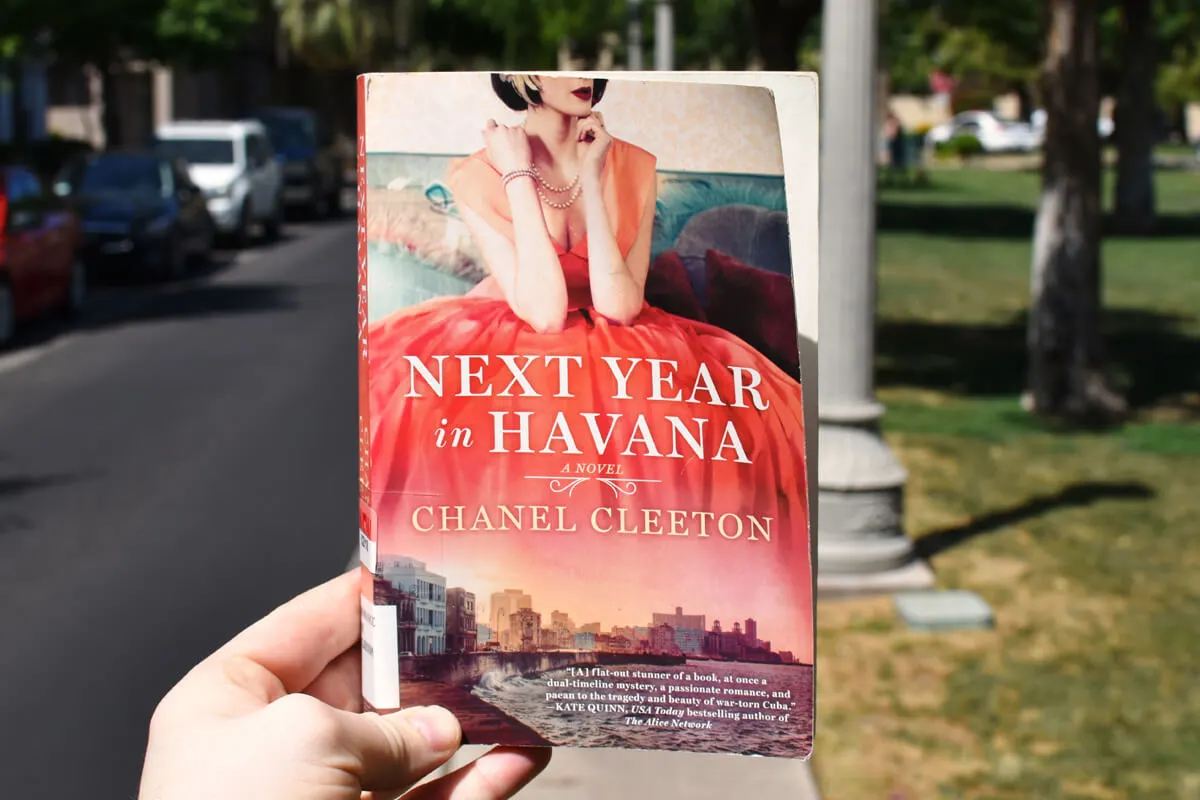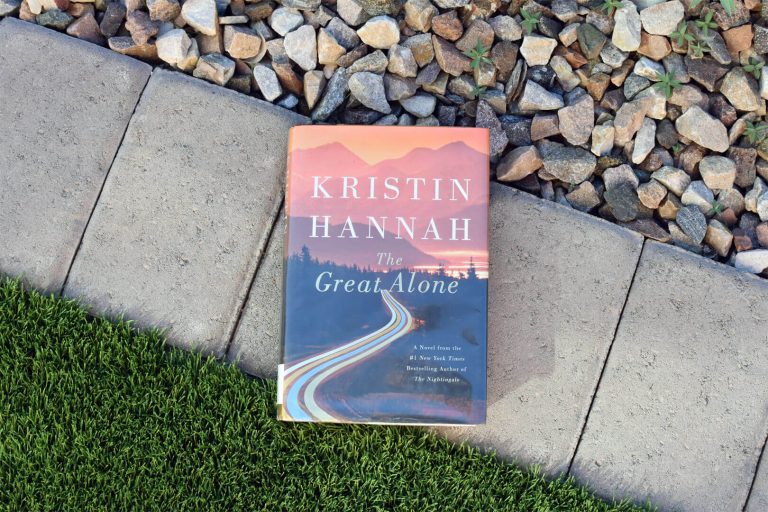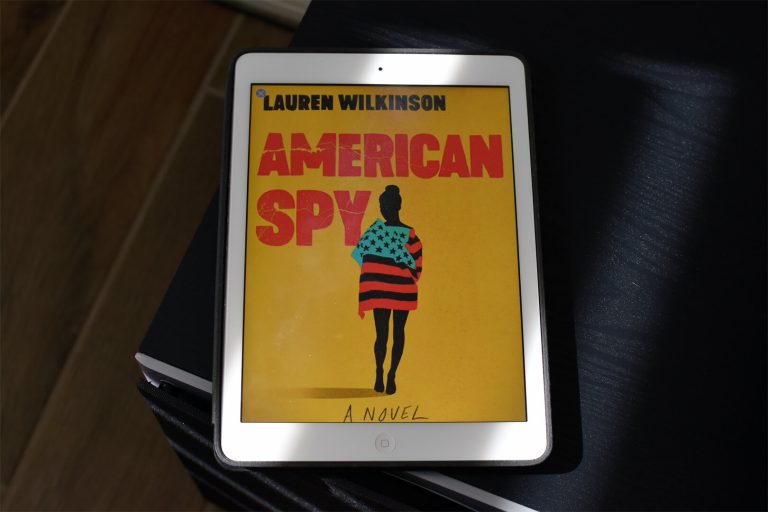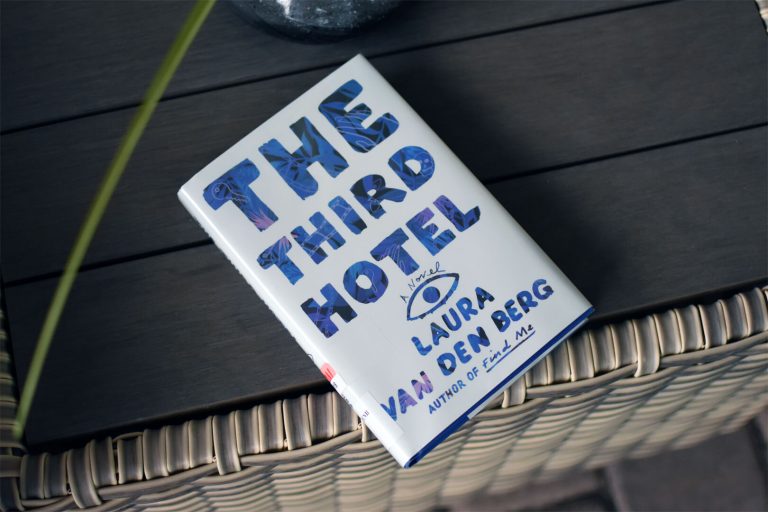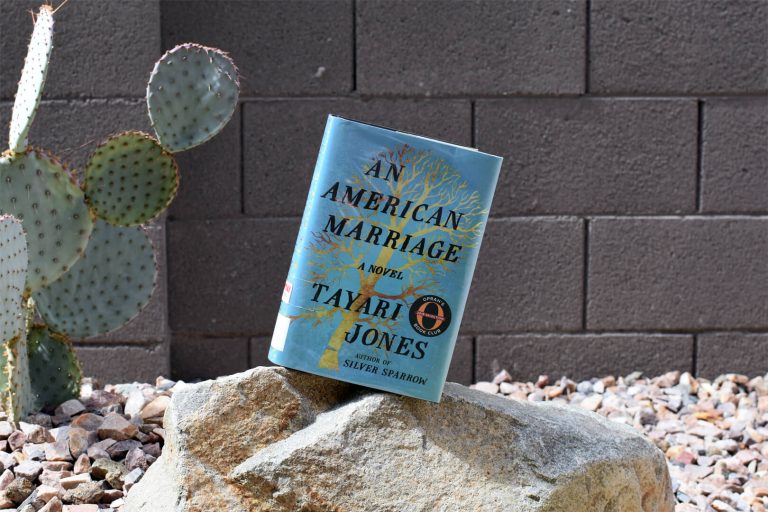Cuba is somewhat of a mystery. One of the great things about historical fiction is an introduction to another time and place that typically encourages additional research on the topic. And I have feeling that will be the case with Next Year in Havana by Chanel Cleeton.
First, I’ve had the ‘Havana’ song by Camila Cabello in my head since January. So what better time to dive more into the Cuban culture with Next Year in Havana, right? Here’s the synopsis:
After the death of her beloved grandmother, a Cuban-American woman travels to Havana, where she discovers the roots of her identity–and unearths a family secret hidden since the revolution.Havana, 1958. The daughter of a sugar baron, nineteen-year-old Elisa Perez is part of Cuba’s high society, where she is largely sheltered from the country’s growing political unrest–until she embarks on a clandestine affair with a passionate revolutionary.
Miami, 2017. Freelance writer Marisol Ferrera grew up hearing romantic stories of Cuba from her late grandmother Elisa, who was forced to flee with her family during the revolution. Elisa’s last wish was for Marisol to scatter her ashes in the country of her birth.
Arriving in Havana, Marisol comes face-to-face with the contrast of Cuba’s tropical, timeless beauty and its perilous political climate. When more family history comes to light and Marisol finds herself attracted to a man with secrets of his own, she’ll need the lessons of her grandmother’s past to help her understand the true meaning of courage.
I love dual historial fiction/contemporary fiction stories.
These typically revolve around discoveries about one’s heritage and sounds like this one will have a similar tone. Also of note, I check out Cleeton’s bio (which she has a great website) and it said that she grew up on stories of her family’s exodus from Cuba following the events of the Cuban Revolution. She writes:
Writing this novel gave me the opportunity to examine my heritage, honor the past, and cast hopeful eyes toward a brighter future for Cuba and its people. At times it felt as though the book brought my grandmother back to life as I became immersed in the version of Cuba she loved so faithfully. There was anger as I researched the struggles of modern Cuba, frustration with the current political climate, but more than anything, pride in being Cuban and sharing the legacy of courage, ingenuity, and most of all—hope.
Knowing how personal this story is to the author makes me even more excited about this one. Stay tuned for my review!
